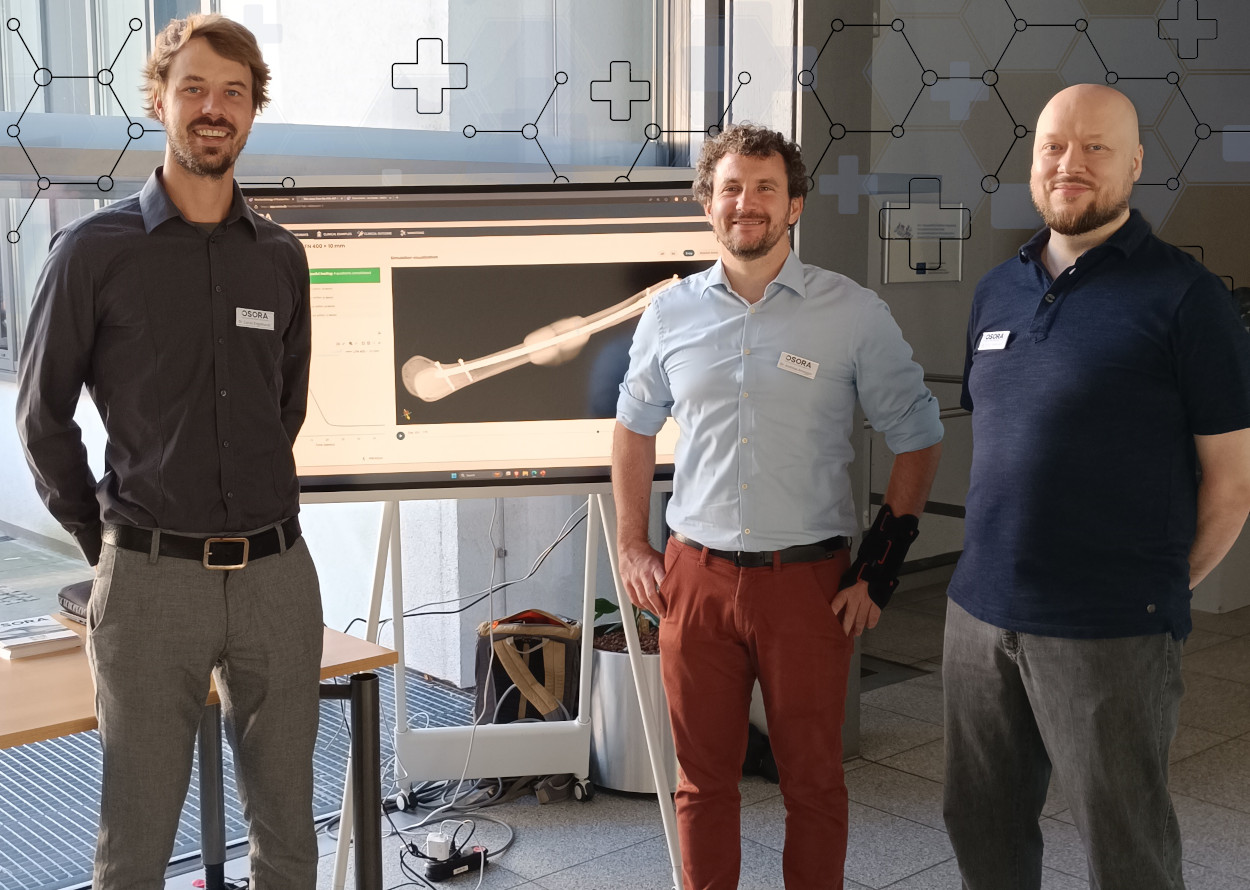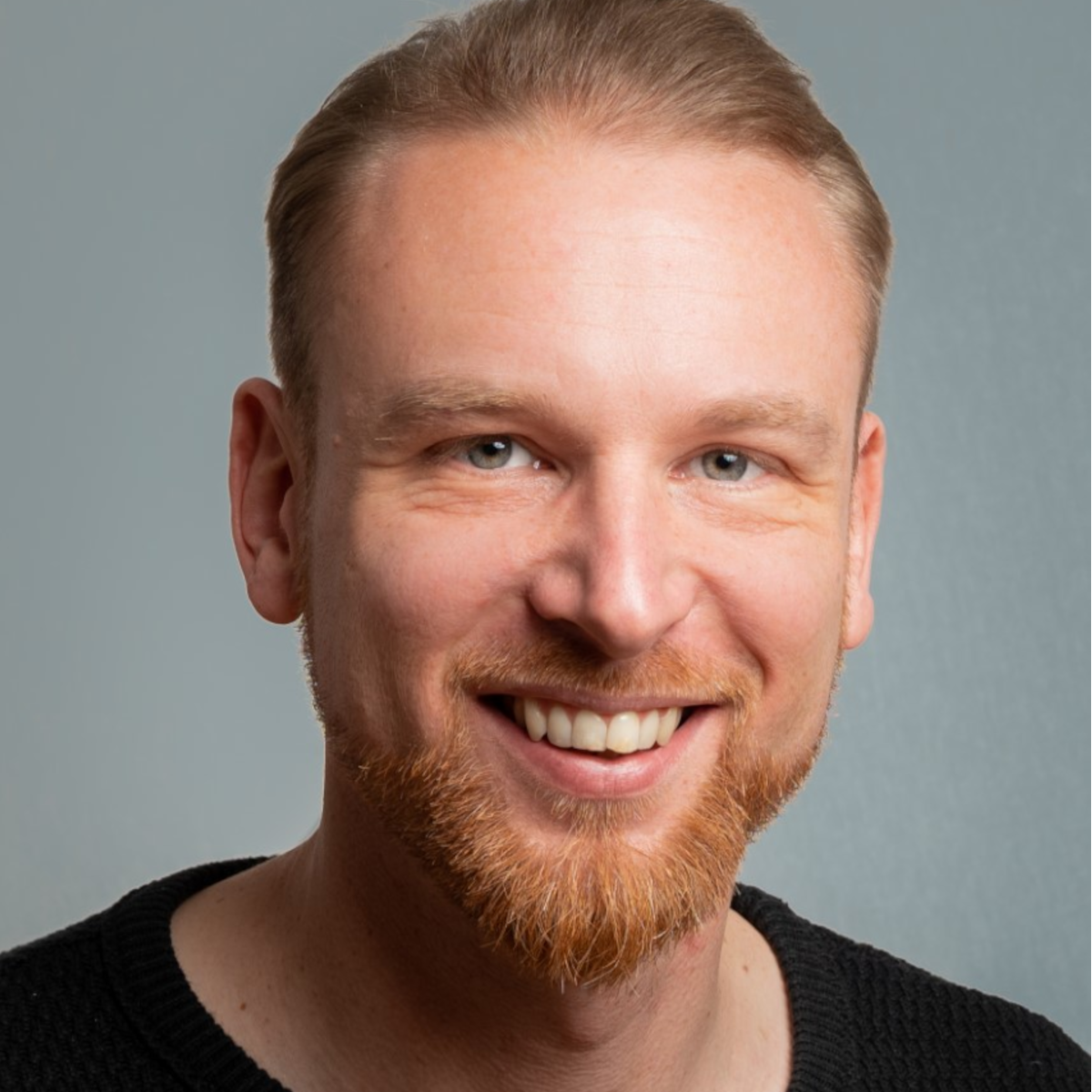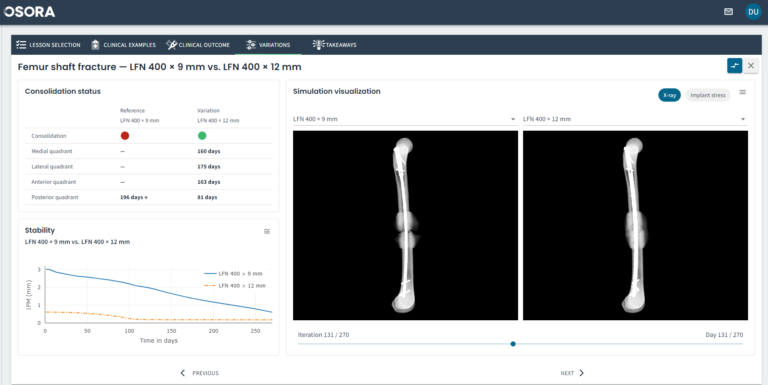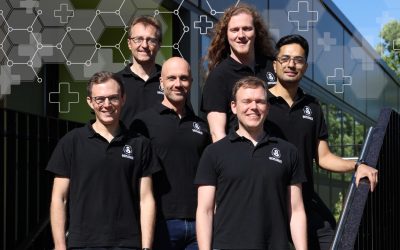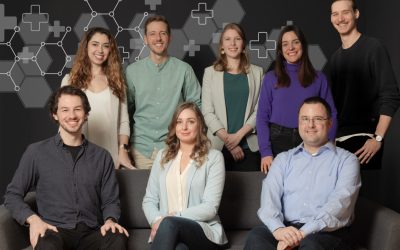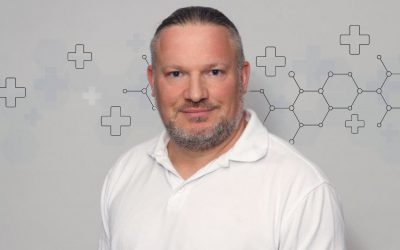Case Study | Projekt mit OSORA medical GmbH

OSORA has gathered a variety of starting points for market entry in order to position the technology for bone healing simulation. Market segments exist in the areas of education and training, implant development and clinical fracture management. By using the MII concepts “4C” and “Regulatory Thinking®”, the strategic roadmap was structured and milestones were defined in regular deep dives. The result is a modular service portfolio that provides an overview of regulatory requirements and room for maneuver when defining risk classes for the product variants. In this way, the tools of the 4Cs are used agilely and efficiently for the development of the go-to-market strategy. Business areas with low regulatory entry hurdles are focused on in order to enable more traction.
The challenge
In part 2 of the 4C Accelerator, OSORA was supported by MII Startup Coach Ingo. The theoretical knowledge from the workshop phase was further developed and transferred into an overall strategic concept.
First, an assessment of the product pipeline was carried out with regard to the individual Cs. The gap analysis revealed potential weaknesses in the business model development. For example, the regulatory framework for modeling and simulation in the target markets and customer segments is currently developing very dynamically. In line with Regulatory Thinking®, measures were to be developed to prioritize rapid market entry in the segments of education and training, implant development and clinical fracture management.
Did you know? The “4C Coaching” is open to any startup that wants to work with us to sharpen its business model – also without participating in the accelerator program..
Our solution
Over the course of one year, coaching sessions took place every four weeks between the startup and their MII Coach Ingo. The latest market research findings, progress and new challenges were discussed consistently. The aim of each session was to prioritize the next steps.
This “putting one’s finger in the wound” was accompanied by the inclusion of suitable experts from the areas of clinical studies, quality management (QM) and product approval. The continuous validation of the current status of Intended Use and Intended Purpose against market and regulatory requirements helped the startup in product development. This is because the development of data-driven simulation technology places particular demands on verification and validation. Targeted expert feedback in the area of clinical studies enabled the startup to better incorporate these requirements into its roadmap.
“There is an absolute relationship of trust between the MII team and OSORA, which allows an open and relentless approach to business model development. In combination with their expertise in the healthcare market, this is an important accelerator for our market entry!”
In each coaching session, the interactions between the Cs were discussed and promising configurations were identified. The resulting assumptions were then verified by OSORA for the next session. This provided valuable impulses for the development of the business model over the entire period.
Our formats and methods
OSORA was supported by the MII with the following topics as part of the coaching:
- Business model development with a focus on go-to-market
- Regulatory Thinking®: Intended-use-driven configuration of the 4Cs as a central component of the business model
- One MII Startup Coach as a central contact person
- Additional experts, e.g. for questions regarding QM, product approval and clinical studies
- Support in defining roles in the team and setting up an organizational structure
The result
Through regular sparring with the MII and by applying the 4C and Regulatory Thinking® concepts, OSORA was able to develop a clear market entry strategy. The product pipeline was structured taking the regulatory requirements into account. This allowed the balancing of the 4Cs to be adapted to the actual development of the startup.
As a result, the startup can now initially prioritize use cases with low regulatory entry barriers in the area of education and training as well as implant development, which gives the young MedTech company more traction.
Image: User interface of the OSORA software platform: Simulated healing processes of a bone fracture with different surgical treatments.
OSORA medical GmbH has developed a technology that allows the healing process in the bone to be simulated using digital twins. The computer simulation helps orthopedists and trauma surgeons to identify complications in the healing process at an early stage and to identify treatment options. The team combines expert knowledge in biomechanics and numerical simulation with agile software development. The goal: complication-free bone healing for every patient.

